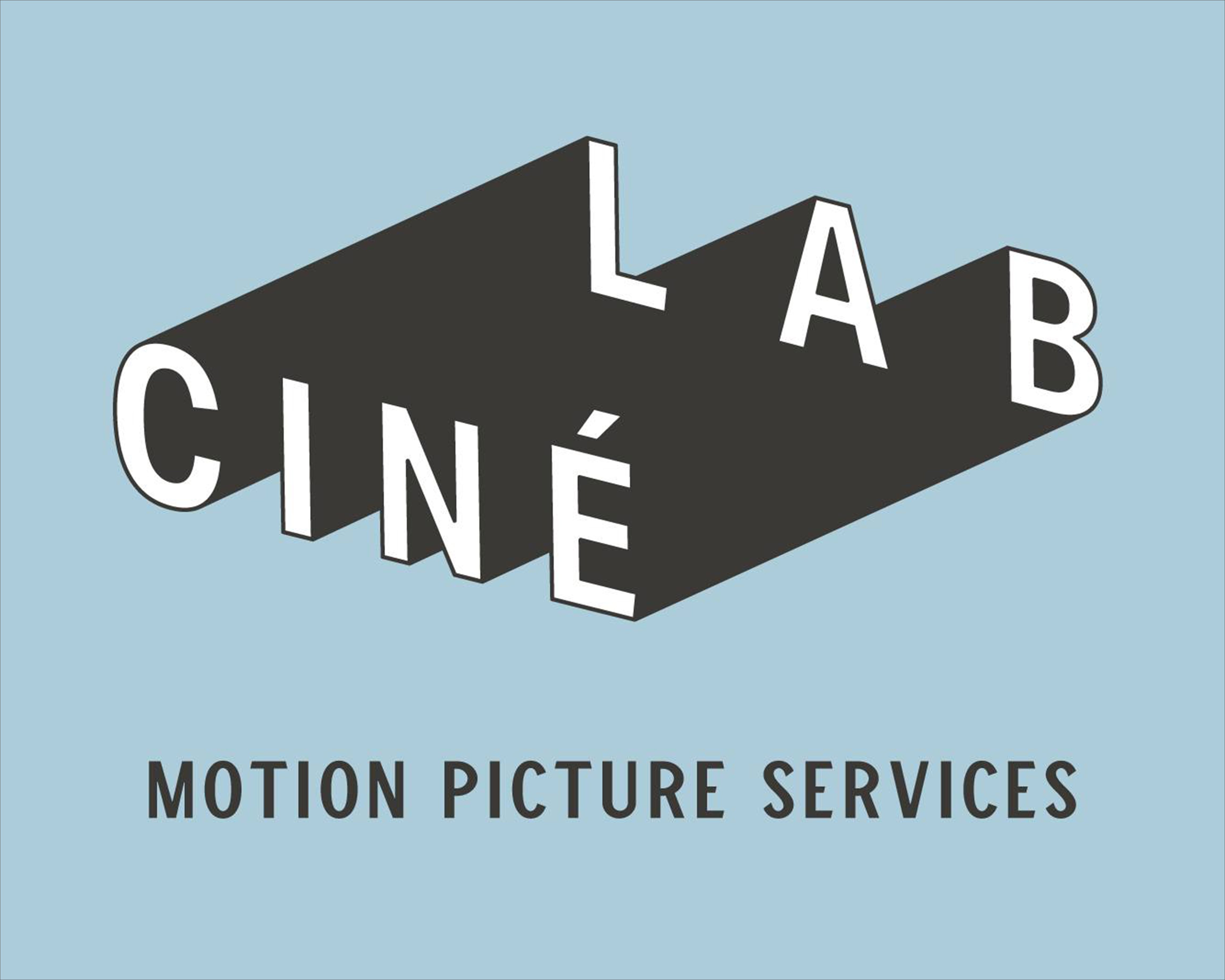A question I have found no answer for so far: For some reason almost all venezuelan films have bad sound - now as i try to get my shot at it (for some reason here in Caracas): Is is posible to get GREAT sound using direct sound or do i necessarily need to dub parts/the entire movie? Does anybody have experience with post-production houses in Miami or LA so I can establish a realistic budget to clean up and "sourround" the film after? I'd really apreciate if somebody who has walked this path before could give me some advice..
You are using an out of date browser. It may not display this or other websites correctly.
You should upgrade or use an alternative browser.
You should upgrade or use an alternative browser.
direct sound
- Thread starter ralph
- Start date
I'm not sure what you mean by 'direct sound'. Normally you record sound live and only replace it if the recording isn't good enough.
With a decent mike, a competent boom operator and sound recordist there's rarely a reason why you can't get usable sound on the set (obviously if you've got wind machines or explosions or whatever you are going to have to record dialogue afterwards ).
).
With a decent mike, a competent boom operator and sound recordist there's rarely a reason why you can't get usable sound on the set (obviously if you've got wind machines or explosions or whatever you are going to have to record dialogue afterwards
thanks for your answer. Let me be more specific:I have always had problems with the sound. we did a proyect last year, with somebody as our sound guy who seemed really professional and the sound is just a disaster. We cleaned up some of it, but it is just not good enough. I have heard that ALL Hollywood productions are dubbed entirely. All productions I have ever worked on or done here have always had bad sound because it was recorded directly on location - so is the problem that we need to fly in a sound recordist - or that we should hire/create a dubbing both and figure out how to dub? of course it is a lot more work, but as i am planning to shoot on HD I will make up for the image by having brilliant sound. So how do i do that?
Sounds like you have the same problem we've often had: deaf sound recordists  . A lot of Hollywood dialogue is re-recorded, but vast amounts isn't.
. A lot of Hollywood dialogue is re-recorded, but vast amounts isn't.
One issue is the location: if you're shooting in noisy locations then maybe you won't be able to get good sound. I always like to go round there first and record some sound (e.g. shooting some footage of the location on a camcorder), since you'll immediately notice background noise on playback which you might ignore in real life. Also, take the sound recordist there if possible.
Also, do you do a proper sound mix? Hollywood does spend a lot of time mixing together huge numbers of tracks to get their sound, rather than just using whatever came out of the DAT. Even just mixing together three or four tracks and adjusting volume levels correctly can make a big difference.
Personally, if you're shooting on a low budget I'd always suggest getting the editor to record sound unless you have a sound recordist you trust: they're going to have to deal with the soundtrack, so they're likely to scream if they can't get a good recording.
One issue is the location: if you're shooting in noisy locations then maybe you won't be able to get good sound. I always like to go round there first and record some sound (e.g. shooting some footage of the location on a camcorder), since you'll immediately notice background noise on playback which you might ignore in real life. Also, take the sound recordist there if possible.
Also, do you do a proper sound mix? Hollywood does spend a lot of time mixing together huge numbers of tracks to get their sound, rather than just using whatever came out of the DAT. Even just mixing together three or four tracks and adjusting volume levels correctly can make a big difference.
Personally, if you're shooting on a low budget I'd always suggest getting the editor to record sound unless you have a sound recordist you trust: they're going to have to deal with the soundtrack, so they're likely to scream if they can't get a good recording.
thanks for your advice - I guess i have to just try out different sound recordists (hire them for a day) to find the "one with a ear" - I don't think there is a proper studio to mix in Venezuela - so Miami or LA are my options which will of course raise my budget a lot... any other options you see? :shock:
Bob Kessler
New member
Everything stated here is correct; if you want great sound you have to start with great location sound.
Great production sound means a recordist who can capture clean, hot audio and a boom operator who knows his/her mics and how to direct those mics noiselessly in cooperation with your DP.
Do not forget to record copious room tones, wild dialogs and wild sound FX; these are all a great asset in the audio post process.
There are five categories for audio post:
Dialog - Cleaning up location sound, ADR/looping, VO. ADR/looping is extremely problematic when you are working with young talent and even more experienced actors who have no experience with ADR/looping. It is much better to capture clean production sound; the emotional content of the scene is preserved.
Foley - Footsteps, punches, clothing, etc.; all the sounds pertaining to the characters. It is most especially needed when doing ADR to make the scene sound natural.
Sound Effects - Cars, doors, guns, etc.
Ambience - Traffic, birds, water, weather, etc.
Music - both non-diegetic and diegetic
The better the production sound is the more you can be artistic and expressive with the audio post process rather than trying to fix and hide poor location sound.
Blending all of these elements together to sound natural and exciting is the mixing or re-recording process. Here all of the elements can be used to enhance the emotional content of the scene.
As far as budget is concerned, most "Hollywood" productions budget about 10% for audio post.
Good luck finding a good production sound team.
Great production sound means a recordist who can capture clean, hot audio and a boom operator who knows his/her mics and how to direct those mics noiselessly in cooperation with your DP.
Do not forget to record copious room tones, wild dialogs and wild sound FX; these are all a great asset in the audio post process.
There are five categories for audio post:
Dialog - Cleaning up location sound, ADR/looping, VO. ADR/looping is extremely problematic when you are working with young talent and even more experienced actors who have no experience with ADR/looping. It is much better to capture clean production sound; the emotional content of the scene is preserved.
Foley - Footsteps, punches, clothing, etc.; all the sounds pertaining to the characters. It is most especially needed when doing ADR to make the scene sound natural.
Sound Effects - Cars, doors, guns, etc.
Ambience - Traffic, birds, water, weather, etc.
Music - both non-diegetic and diegetic
The better the production sound is the more you can be artistic and expressive with the audio post process rather than trying to fix and hide poor location sound.
Blending all of these elements together to sound natural and exciting is the mixing or re-recording process. Here all of the elements can be used to enhance the emotional content of the scene.
As far as budget is concerned, most "Hollywood" productions budget about 10% for audio post.
Good luck finding a good production sound team.
dear uncle bob - thank you for your advice... one more,very concrete question: If i take my finished, edited feature film - romantic comedy, no action/adventure elements, lots of dialogue to a post-production facility to clean up, mix, enhance the sound, what kind of budget am i looking at?
If I am counting on let's say: $100.000.--, 10 % would amount to $10.000 - is that a realisitc budget? as I have no reference i am kind of in the dark and i am getting all kind of diferent budgets. I know this is a very specific money question, but if you got any advice i would really apreciate it.
If I am counting on let's say: $100.000.--, 10 % would amount to $10.000 - is that a realisitc budget? as I have no reference i am kind of in the dark and i am getting all kind of diferent budgets. I know this is a very specific money question, but if you got any advice i would really apreciate it.
Bob Kessler
New member
It's hard to say. That's why I'm such a fanatic about good location sound. Fixing problems is the most tedious process and can be the most expensive.
I get $50 per hour and I do block rates. I have fixed and mixed a 106 minute feature in 50 hours. I have done the clean-up, design and mix for a 26 minute short in 26 hours. I have also spent 200 - 800 hours on a feature where I received points rather than cash.
If you don't have at least $2,000.00 for audio post your best bet is to find someone who is ready to take on their first feature as a sound designer. Give him/her some extra time to learn and experiment and a fair percentage point of the project and you will hopefully have a very nice film.
I get $50 per hour and I do block rates. I have fixed and mixed a 106 minute feature in 50 hours. I have done the clean-up, design and mix for a 26 minute short in 26 hours. I have also spent 200 - 800 hours on a feature where I received points rather than cash.
If you don't have at least $2,000.00 for audio post your best bet is to find someone who is ready to take on their first feature as a sound designer. Give him/her some extra time to learn and experiment and a fair percentage point of the project and you will hopefully have a very nice film.
Post Sound
Post Sound
Not all "Hollywood productions" use looping. In my early days as a docu producer, I did my share of sound recording and I have a strong appreciation for location sound. Later in my career, I produced a TV movie shot 100% on location and hired a sound mixer with a documentary background as well as feature experience. We had great sound and we ended up looping just one line. It is possible to get good sound on location but it takes a very talented mixer with very good equipment. JimT
Post Sound
Not all "Hollywood productions" use looping. In my early days as a docu producer, I did my share of sound recording and I have a strong appreciation for location sound. Later in my career, I produced a TV movie shot 100% on location and hired a sound mixer with a documentary background as well as feature experience. We had great sound and we ended up looping just one line. It is possible to get good sound on location but it takes a very talented mixer with very good equipment. JimT
Similar threads
- Replies
- 0
- Views
- 79
- Replies
- 0
- Views
- 264
- Replies
- 0
- Views
- 198





